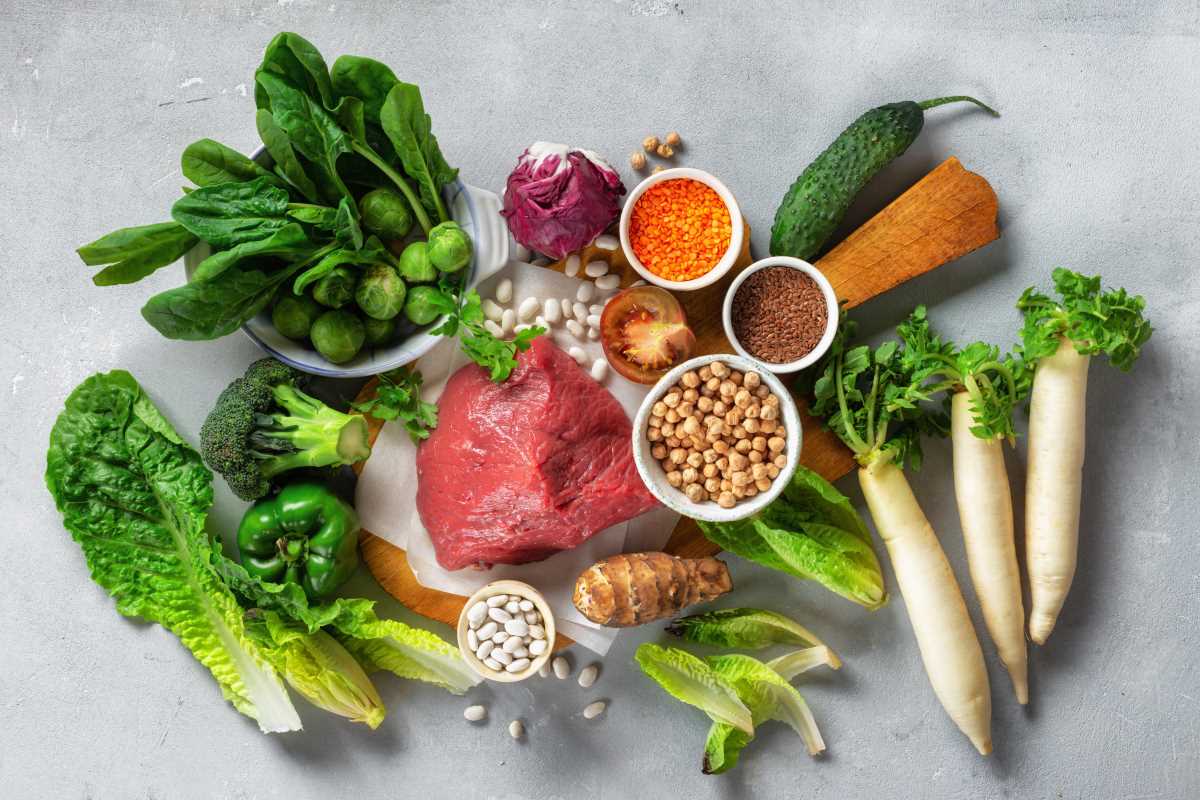In recent years, the term "functional foods" has gained significant traction, captivating health enthusiasts and researchers alike. Functional foods are those that offer health benefits beyond basic nutrition, often containing bioactive compounds that can positively impact health and well-being. As people increasingly seek ways to enhance their longevity and overall quality of life, the consumption of functional foods has emerged as a compelling strategy. From antioxidant-rich fruits to fiber-packed grains, these everyday superfoods can play a pivotal role in promoting a longer, healthier life.
What Are Functional Foods?
Functional foods are defined by their ability to provide health benefits that extend beyond basic nutrition. These foods contain specific nutrients or bioactive compounds that can help prevent chronic diseases, improve health, and enhance the body's overall functioning. Unlike traditional foods, functional foods may be fortified, enriched, or enhanced to deliver additional health benefits.
Examples include fortified dairy products, omega-3-enriched eggs, and foods high in antioxidants. This classification not only highlights the role of these foods in health but also emphasizes the importance of integrating them into daily diets to optimize well-being.
Antioxidants and Disease Prevention
One of the primary benefits of functional foods is their high antioxidant content. Antioxidants are compounds that help combat oxidative stress in the body, which is linked to various chronic diseases, including heart disease, diabetes, and cancer. Foods rich in antioxidants include berries, dark chocolate, nuts, and green leafy vegetables.
Blueberries, for instance, are particularly known for their high levels of anthocyanins, a type of antioxidant. Regular consumption of antioxidant-rich foods has been associated with reduced inflammation and improved cardiovascular health. By incorporating these superfoods into your diet, you can help mitigate the damaging effects of free radicals and promote longevity.
The Role of Omega-3 Fatty Acids
Omega-3 fatty acids are another example of functional foods that can significantly contribute to longevity. Found in fatty fish like salmon, walnuts, and flaxseeds, omega-3s have been shown to reduce inflammation, lower blood pressure, and improve heart health.
Research suggests that diets high in omega-3s can decrease the risk of heart disease and stroke. Furthermore, omega-3 fatty acids are essential for brain health, potentially lowering the risk of cognitive decline and diseases like Alzheimer’s. Including these foods in your diet can enhance overall health and longevity.
Fiber and Gut Health
Functional foods that are high in fiber, such as whole grains, legumes, fruits, and vegetables, offer numerous health benefits that can support longevity. Dietary fiber plays a crucial role in digestive health by promoting regular bowel movements and feeding beneficial gut bacteria.
A healthy gut microbiome is linked to improved immune function, better mood regulation, and a reduced risk of chronic diseases. High-fiber diets have been associated with lower rates of obesity, type 2 diabetes, and cardiovascular disease. By integrating fiber-rich foods into your meals, you can promote gut health and enhance your longevity.
Fermented Foods and Gut Microbiota
Fermented foods, such as yogurt, kefir, sauerkraut, and kimchi, are functional foods known for their probiotic content. Probiotics are live microorganisms that confer health benefits when consumed in adequate amounts, primarily by promoting a healthy gut microbiome.
A balanced gut microbiome is essential for proper digestion, immune function, and even mental health. Studies have shown that consuming fermented foods can improve gut health, reduce inflammation, and enhance overall well-being. Regular intake of these foods may also lower the risk of conditions like obesity and metabolic syndrome, supporting longevity.
The Power of Phytochemicals
Phytochemicals are naturally occurring compounds in plants that provide various health benefits. These bioactive compounds can help protect against chronic diseases and promote overall health. Foods rich in phytochemicals include colorful fruits and vegetables, legumes, nuts, and whole grains.
For example, the flavonoids found in citrus fruits and green tea have antioxidant properties that can help lower blood pressure and improve heart health. Similarly, the resveratrol found in grapes and berries has been linked to anti-aging effects and cardiovascular benefits. By incorporating a variety of plant-based foods into your diet, you can harness the power of phytochemicals to boost longevity.
Nutrient Density Over Empty Calories
One of the essential principles of incorporating functional foods into your diet is prioritizing nutrient-dense options over empty calories. Foods high in nutrients but low in calories, such as leafy greens, berries, and lean proteins, can provide essential vitamins and minerals without contributing to weight gain.
Conversely, processed foods high in sugars and unhealthy fats often provide little nutritional value and can lead to chronic diseases and obesity. Making a conscious effort to choose nutrient-dense functional foods can help you maintain a healthy weight and enhance your overall well-being, ultimately supporting a longer, healthier life.
Practical Ways to Incorporate Functional Foods
Incorporating functional foods into your diet doesn't have to be complicated. Here are some practical tips to help you get started:
- Start with Breakfast: Add berries, nuts, or seeds to your morning oatmeal or yogurt. This simple addition can boost your antioxidant and fiber intake.
- Snack Wisely: Choose snacks like hummus with vegetables, whole-grain crackers, or a piece of fruit instead of processed snacks.
- Experiment with Fermented Foods: Include a serving of yogurt, kefir, or sauerkraut with your meals a few times a week to promote gut health.
- Make It Colorful: Aim to fill half your plate with colorful fruits and vegetables at each meal. This variety will help you get a wide range of nutrients and phytochemicals.
- Explore Whole Grains: Swap out white rice and pasta for whole grains like quinoa, farro, or brown rice. These grains are more nutrient-dense and high in fiber.
By adopting these simple strategies, you can easily integrate functional foods into your daily routine and reap numerous health benefits.







